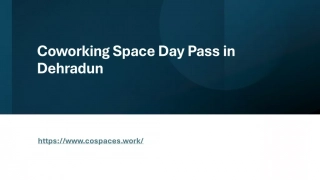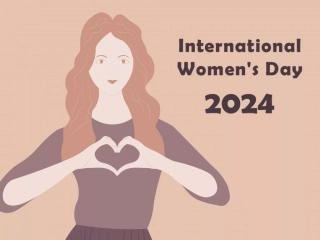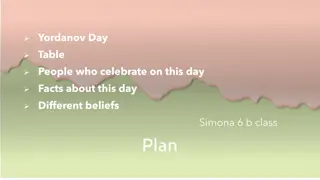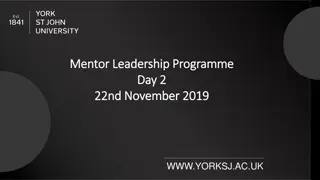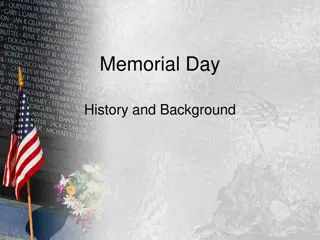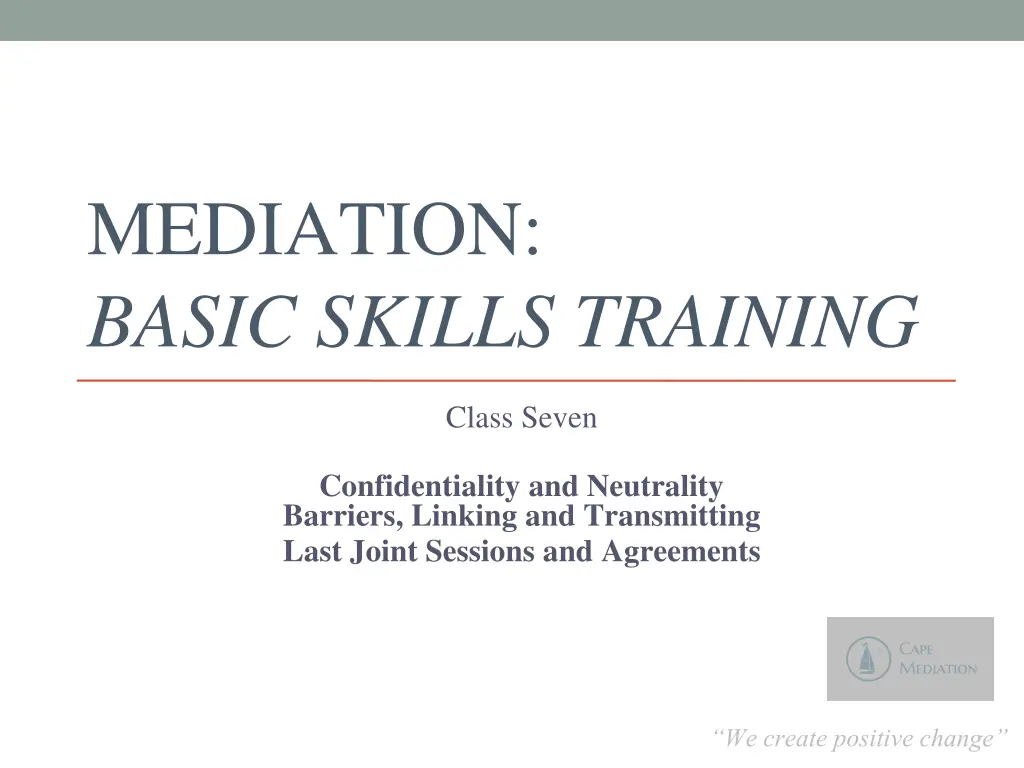
Mediation Basic Skills Training
Explore the importance of confidentiality, neutrality, and transmission of information in mediation. Learn about barriers to agreements and the process of creating positive change through joint sessions and agreements.
Download Presentation

Please find below an Image/Link to download the presentation.
The content on the website is provided AS IS for your information and personal use only. It may not be sold, licensed, or shared on other websites without obtaining consent from the author. If you encounter any issues during the download, it is possible that the publisher has removed the file from their server.
You are allowed to download the files provided on this website for personal or commercial use, subject to the condition that they are used lawfully. All files are the property of their respective owners.
The content on the website is provided AS IS for your information and personal use only. It may not be sold, licensed, or shared on other websites without obtaining consent from the author.
E N D
Presentation Transcript
MEDIATION: BASIC SKILLS TRAINING Class Seven Confidentiality and Neutrality Barriers, Linking and Transmitting Last Joint Sessions and Agreements We create positive change
Goals... Discuss the importance of confidentiality and neutrality. Start to talk about barriers to agreements. Think and talk about ways in which we might transmit information between the parties. Think and talk about ways in which we might identify issue linkages with the parties. Discuss agreements. Work on the next step in the process - the last joint session. We create positive change
Objectives... Understand why confidentiality and neutrality help parties find solutions. Define principles and explore their origins. Identify the various ways that principles can appear in mediation. Understand the consequences of principles. Practice questions that will move parties past their principles. Explain the value of transmitting in mediation. Identify what information to transmit to parties and assess when to transmit to parties. Work on our agreement writing skills. Understand how to transmit to parties. We create positive change
Breathes there the mediator who does not shudder, on hearing a negotiating party utter, That pious oath, with look invincible, Here I stand, It s a matter of principle. We create positive change
Confidentiality is... Confidentiality is defined as: The state of keeping or being kept secret or private. Confidentiality is vitally important in mediation because it facilitates disclosure. People will not disclose personal needs, strategies, and information if they feel it might be used against them. We create positive change
Mediation and Confidentiality Confidentiality is a critical component in Definition Principles Introduction Private meetings Ethical standards We create positive change
The Definition of Mediation Remember that: Mediation is a voluntary, confidential and informal dispute resolution process in which a neutral with no power to impose a resolution, helps the parties try to reach a mutually acceptable settlement of their dispute. Confidentiality is one of the reasons mediation works. We create positive change
The Principles of Mediation Voluntary Informed Consent Confidential Neutral Self-Determination We create positive change
Confidentiality in the Mediation Process Introduction Before you start Voluntary Confidential Notes We create positive change
Confidentiality in the Mediation Process Private Sessions We repeat to each party all mediations are confidential during the start of the private sessions. Welcome Back Remind Ask Continue to remind We create positive change
Now for Neutrality Someone who is neutral is Impartial third party. In fact and appearance. We create positive change
Neutrality in Mediation In its most generalized form, neutrality may be defined as the absence of any bias in relation to either disputing party, and the mediator s utilization of his position to appropriately balance the distribution of power between the parties (Cobb & Rifkin: 1991: 41- 42). Neutrality may also be defined by reference to what it achieves most prominently fairness. This essentially means that it is the duty of the mediator to exclude any personal opinions and beliefs from the mediation process. In exercising neutrality, the mediator must aid the parties in arriving at through self-determination - a mutual agreement (Spencer & Brogan, 2006: 92). Neutrality in this respect can be defined as impartial assistance.
Neutrality in the Principles of Mediation Main principles of mediation Voluntary Informed Consent Confidential Mediators will always be a neutral third party Self-Determination We create positive change
Neutrality in the Mediation Process Introduction Before any mediation session What s important to you... As mediators, we don t take sides, decide right or wrong, or give advice. You make all the decisions about what to do. If at any time you feel we are not being neutral, let us know, so you concerns can be addressed. We create positive change
Defining Principle A comprehensive and fundamental law, doctrine, or assumption. Attitudes and thoughts, an emotional state that block people from moving forward. We create positive change
Origin of Principles Principles can be centered Relationship: Who are we to one another? around many parts of life. However, most begin with these four areas: Personal Experience: Perception: Principles This always happens to me attitude. What has happened to me before in these situations? History: How have I/we handled this in the past? We create positive change
The Language of Principle During a session, a mediator will hear: It s not fair. It s not right. I can t do that, it s the principle of the thing. I have to stick to my principles. We create positive change
I would rather be an opportunist and float than go to the bottom with my principles round my neck. - Stanley Baldwin We create positive change
Types of Principles Parties will apply a variety of principles to their situation: Slippery Slope Really a Principle Anger False Optimism Negotiating Strategy We create positive change
Slippery Slope Often invoked when someone is afraid that a few compromises will lead to continued concessions. Slippery Slope We create positive change
Anger Stay angry Anger We create positive change
False Optimism Stuck in the I m right position False Optimism We create positive change
Negotiating Strategy A form of intimidation. Negotiating Strategy We create positive change
Really a Principle Ingrained belief system about right and wrong. Really a Principle We create positive change
Consequences of Principles These principles can lead to unwanted consequences in mediation such as, Cyclical arguments and conversations Failure to move forward with an agreement As a result of no agreement, relationships get stuck Patterns will be repeated We create positive change
Questions for Getting Past the Principle Mediators can ask questions like these to move past hard principles brought in by the clients: Tell me what you mean by fair. Is your anger the most important thing? How committed are you to staying angry? Of what value is that emotion in continuing the dispute? What would it feel like to let go of being angry? We create positive change
Questions For Getting Past the Principle (continued) What are the costs of following the principle? Are there any options which might honor your principle and give rise to a resolution? How important is being right? I understand that is a matter of principle for you - what did you hope to gain from mediation? What are some questions that you might use? We create positive change
Take a Moment to Revisit Basic Responses... Reflecting: The mediator repeats back what they believe the speaker has just said, using language similar the speaker's own. Summarizing: The mediator condenses what has been said, or what has happened into the essential points. Questioning: Done with open-ended questions that encourage reflection, collaboration, dialogue, and deliberation. Checking in: How the mediator makes the process transparent and empowers the parties by asking whether a decision point that the mediator has noticed, is one that the parties wish to act upon. We create positive change
Follow Up Questions Some questions to ask the parties after a pushing past principal: What would you like to see happen? Can you picture that? What does that look like? What do YOU want to do about it? What are YOU willing to do? What would you like the other party to understand? Is there anything you wish you did differently? What would you like to see happen in this relationship going forward? How will you feel if this is resolved? What will work for you? What are your options? Do we have all of your options? What other options might you try? What do you need to be comfortable? What do you need to feel better? What do you need to put this behind you? We create positive change
Defining Transmitting In mediation, as in other interpersonal communication, when and how you share thoughts, feelings and ideas is as important as the information itself. The goal in mediation is for the neutral to transmit information in the way it can be best heard. We create positive change
Transmitting in Mediation As mediators, we need to be skilled in our ability to transmit both easy and hard information to the parties. We create positive change
What to Transmit in Mediation Feelings Offers Answers to parties questions We create positive change
When to Transmit in Mediation Not TOO Soon! After the person has calmed down. When the party is ready to hear. We create positive change
How to Transmit in Mediation Best hear it With positives Link, link, link We create positive change
Linking as a Tool Statements issues and concerns that parties have in common Sharing Facts Emotions Positives Issues/concerns Agreements Goals We create positive change
When to Link First Joint Sessions First Private Sessions Later Private Sessions Last Joint Session We create positive change
Think Link! If you Think Link! , it is likely you will: We create positive change
Think Link! Identify more issues and concerns. Ask more relevant questions. Develop a better understanding of the big picture. Listen for the little things that actually matter. Create a climate where parties feel you re working for them. We create positive change
Understanding Agreements... Let's review the principles of mediation: Requires informed consent Self-determination Confidential Informal Neutral as to parties and subject matter We create positive change
Understanding Agreements... Parties have come to a consensus about a resolution for moving forward. We create positive change
The Mediator's Role in Agreements Don't prejudge No stake Focus Process Skills What the parties want We create positive change
Mediators Help Parties To... Clarify Narrow Improve communication Identify Create Opportunities Stick to the process We create positive change
Barriers to Agreements... Deadlocked Don't panic or assume that an agreement is not going to happen. We create positive change
Later Mediators' Breaks Identify what information to transmit to the parties How to package When to transmit Identify areas of agreements Identify issues that still need to be resolved Make a plan Anticipate challenges Anticipate barriers Identify settlement strategies Sort out who is doing what We create positive change
Later Mediators' Breaks Prepare to bring everyone back together Determine how to set the stage Review the points of agreement Identify the impasses Sort out who is doing what We create positive change
Last Joint Session Set the stage Link shared thinking and feelings Share positives and apologies Review agreement points Summarize where they are Get specifics Encourage them to talk to each other We create positive change
Last Joint Session Deal with impasse if necessary Link shared thinking and feelings Share positives and apologies Summarize where they are Discuss options Look at consequences of no agreement Ask them what they want to do We create positive change

